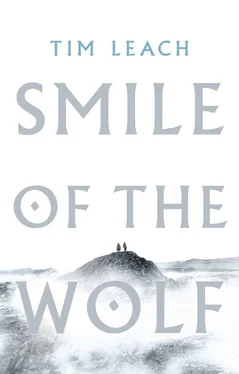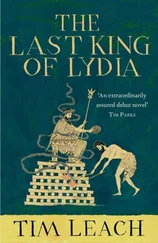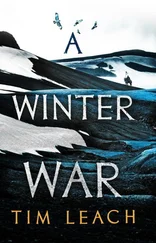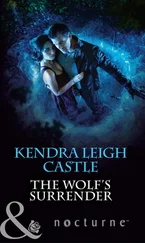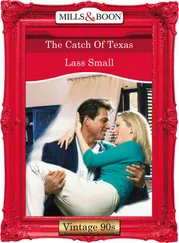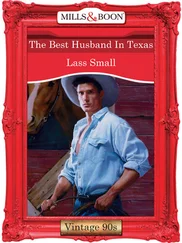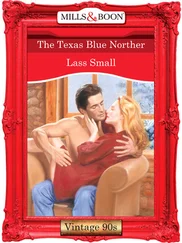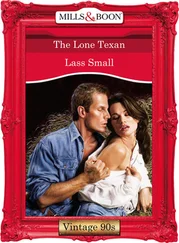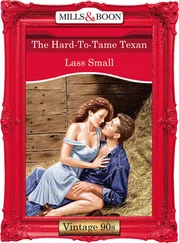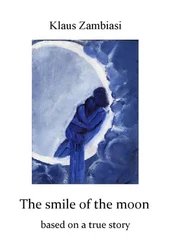And so I lifted my head and closed my eyes. And I sang.
*
He had let his head tip forward and that iron-grey hair had fallen about his face. He had been still, silent for the length of the song, and it was not a silence that had spoken to me.
My voice had cracked many times, my rhythm had been uneven, my breathing weak. Yet even so, somehow I did not think that I had ever sung so well.
At last he reached out a hand, placed the tips of his fingers to my shoulder. He let it rest there for a time.
‘Well performed,’ he said, his voice soft. ‘I thank you.’ He swallowed. ‘You can stay.’
‘It has been some time since you heard a poet sing, I think.’
‘Gudrun. My wife. She used to sing. But not like that. Who was he, this Cúchulainn that you spoke of?’
‘The great Irish hero. You have not heard of him before?’
‘No. I have never heard an Irishman sing.’
‘I know many songs of him. How he lived and fought. How he died.’
‘You will sing of him more?’
‘Yes,’ I said. ‘But first, you must do something for me.’ I lifted my left hand and showed him my fingers.
He hesitated. ‘We should wait,’ he said. ‘You are still weak.’
I shook my head. ‘There is no time,’ I said. ‘Let it be now.’
His mouth worked, but he did not speak. I think he was afraid – afraid that he would kill me, even as he sought to save me. That he would have nothing but the memory of song to keep him company.
He took a knife from his belt. My knife, the sharpest blade that we had, for his axe and seax were long since dull and rusted. He tested the edge with his thumb, nodded.
‘Give me your hand,’ he said.
I lay flat on my stomach and laid my left hand down on the stone, black fingers on grey stone. The other hand I kept curled up close beneath my body, as if to protect it from him.
He touched the knife to my thumb, to the bottom of the black skin. He might have been holding the blade to another man’s hand, for all that I knew of it.
‘There,’ I said. ‘I feel nothing.’
‘No,’ he said. ‘We must be certain.’ And he moved the blade down further, until it rested upon the white flesh and not the black. I felt the cold metal against my skin. Every nick and mark in the blade, I felt it perfectly.
‘There,’ I said.
‘Do not move,’ he said, and he placed both hands on the hilt of the knife, ready to press down.
‘Wait,’ I said.
I looked on that hand one more time. It had carried a shield, it had born crops from the harvest, it had cupped the face of the woman I loved as I kissed her. And with it, I had killed a man.
‘Now?’ he asked.
I took a filthy rag, balled it up ready to be bitten. I turned my head away.
‘Yes,’ I said. ‘Now.’
And he began to cut.
*
I tried to think of myself as a prisoner, bound with irons. And that Thoris was a friend who had come to free me, each strike of the knife breaking the link on a chain.
I tried to believe that a spell had been laid upon me – that Thoris was a priest come to cleanse my body of the curse.
I tried to believe many things as I listened to the sound of the cutting, as I shook and trembled against the ground. And none of them could still the pain.
It was only after, as I cradled my mutilated hand close against my chest as though it were a child of mine, rocking backwards and forwards, the taste of bile on my lips, willing the pain to end – it was then that there was a great and terrible joy. The joy that I would live. And there is no agony that cannot be overcome with that joy.
I forced myself to look on it – five wet stumps daubed in blood. And I made myself smile, as I knew Thoris would want from me.
‘Another nickname earned,’ I whispered. ‘Kjaran the Half-hand.’
‘There are worse names to have.’
I lay down and thought of all the gods who had been maimed. I thought of my God Odin: he had given up one of his eyes for the gift of wisdom. What gift would be granted to me, in return for what I had sacrificed?
I felt Thoris’s hand on my shoulder. Almost tender.
‘Rest,’ he said. ‘You bore it well.’
‘Tomorrow I will help you,’ I said. ‘I will not lie in this cave like an old man any more.’
‘As you wish. But tomorrow.’
I lay down and let sleep take me.
I dreamed of miraculous healing, of my fingers sewn back and living once again. I dreamed of being tied down and being cut upon by all who I knew, of bleeding and screaming, but being unable to die.
Then I did not dream of Sigrid or of Gunnar.
I dreamed of revenge.
*
It was three days before I was strong enough to rise. I woke alone in the cave and it took me a long time to fight my way to my feet. But once I had stood, I felt no longing to lie back down. I leaned against the wall of the cave and breathed, and felt the strength flow through me.
When Thoris returned, he said nothing at first. Merely watched me with a warrior’s eyes, looking for weakness. When he was satisfied, he said: ‘We must go to work. We do not have much time before the winter comes.’
I looked beyond him, out of the cave and into that land of stone and snow. It seemed impossible that this could still be called summer. I could not imagine what a winter here would be like. Of how a man could hope to live in this place.
Yet soon I learned that we were to be what Icelanders had always been: farmers and herdsmen. For he had a small herd in one of the outer valleys. Year-old ewes, diseased and weak, worms dripping from their nostrils as they breathed. But he treated them as tenderly as if they were the finest of hillside cattle. The endlessly patient and exhausted love of a shepherd for his flock.
We had a little field of crops, too, in some rare patch of green land. They were blighted, half of them dead with frost, but gave a scattering of grain for us. We tended those crops and that herd in a desolate land, and I thought of those first settlers who had come to Iceland in the centuries before us. Perhaps this was how they had lived then, alone in the cold, fighting with the land to survive, with no kin to count upon if the harvest failed.
It was not enough – even I could see that. The meat and grain we would have might last us a few scanty months. But it was not enough to survive the winter.
When I told Thoris this, he nodded.
‘I lost much time caring for you. We need more food than I thought.’
‘What must we do, then?’ I asked.
He did not answer, for the answer was too shameful to speak out loud. He merely looked to the west, towards the lands of other men.
*
We waited for the clear nights to pass, for the clouds to come, for the moon to grow thin. We hiked by day across the barren mountains, slept a few restless hours in dusk, and when the night was truly upon us we went out into the fields of men we did not know.
We were the ghosts that leave a man’s sheep butchered in his fields, the trickster elves who steal wheat and corn from isolated shielings, the shadowy figures who send boys running across the heath back to their longhouses, screaming of monsters in the darkness.
I had never been on a Viking raid, but still I felt it in my blood. My mother’s people had been hunters and raiders, my father one of those taken as a slave in those same raids. And so I told myself that we were not thieves, but hunters. They had cast us out of the law, would kill us if they caught us. We owed them no shame. And so, night after night, we raided the farmers for grain and meat.
Always careful not to raid in the same place twice. Always taking little enough that the farmers might tell themselves that they had miscounted their herd, had forgotten where they had placed that sack of grain. They did not want to believe in thieves.
Читать дальше
